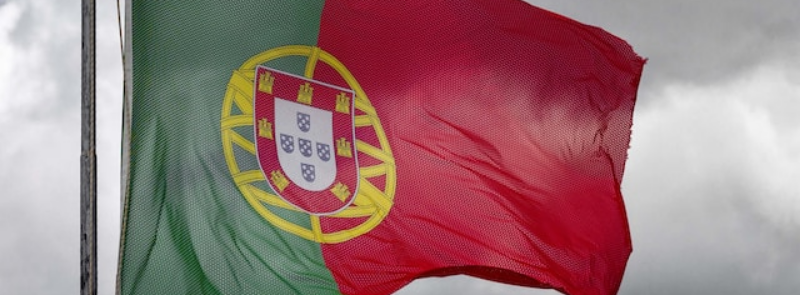
When It Occurs
Every May 5th
Official Website
Timeline
Days Passed (1024)
# Hashtags
#WorldPortugueseLanguageDay #LanguagePreservation
Annually celebrated on May 5th, World Portuguese Language Day is marked by a diverse array of activities, including musical performances, literature readings, competitions, cultural exhibitions, art displays, and lectures.
In 2019, UNESCO's 40th session of the General Conference officially designated May 5th as "World Portuguese Language Day" to pay homage to the Portuguese language and Lusophone cultures. This day underscores the language's crucial role in preserving human civilization and culture. Portuguese ranks among the world's most widely spoken and dispersed languages, holding the distinction of being the most prevalent in the Southern hemisphere. In Portugal, 95.6% of the population speaks Portuguese either as their native language or as a foreign language.
Background
World Portuguese Language Day was established by UNESCO in 2019 and first observed in 2020. The initiative was proposed by the Community of Portuguese-Speaking Countries (CPLP), which consists of nine member states: Angola, Brazil, Cape Verde, Guinea-Bissau, Mozambique, Portugal, São Tomé and Príncipe, East Timor, and Equatorial Guinea.
Significance of the Portuguese Language
- Global Reach: Portuguese is spoken by over 265 million people globally, making it the sixth most spoken language in the world.
- Cultural Influence: The language has a rich literary and cultural heritage, with notable contributions to global literature, music, and arts.
- Economic Impact: Portuguese-speaking countries play significant roles in global economics, particularly in sectors like agriculture, energy, and tourism.
Celebrations and Activities
Literary and Cultural Events: Various literary festivals, book fairs, and readings of Portuguese literature are organized to celebrate the day. Renowned authors and poets often participate in these events.
Educational Programs: Schools and universities in Portuguese-speaking countries and beyond hold special classes, workshops, and lectures on the language's history, literature, and its role in the modern world.
Music and Dance Performances: Concerts featuring traditional and contemporary Lusophone music, as well as dance performances, are common. These events showcase the diversity and richness of Portuguese-speaking cultures.
Film Screenings: Cinemas and cultural centers screen films from Lusophone countries, highlighting the unique perspectives and storytelling traditions of these regions.
Art Exhibitions: Art galleries and museums may host exhibitions of works by artists from Portuguese-speaking countries, celebrating their contributions to the global art scene.
Importance of World Portuguese Language Day
- Cultural Exchange: The day promotes cultural exchange and understanding between Portuguese-speaking countries and the rest of the world.
- Language Preservation: It emphasizes the importance of preserving and promoting the Portuguese language, particularly in the face of globalization.
- Solidarity Among Lusophone Countries: The observance fosters a sense of unity and solidarity among Portuguese-speaking nations, strengthening their cultural and diplomatic ties.
UNESCO’s Role
UNESCO plays a crucial role in coordinating and supporting the observance of World Portuguese Language Day. The organization collaborates with member states, cultural institutions, and educational bodies to facilitate various events and activities.
Conclusion
World Portuguese Language Day is a vital observance that highlights the importance of the Portuguese language and its cultural, historical, and economic significance. Through various celebrations and educational initiatives, the day fosters a deeper appreciation for Lusophone heritage and promotes greater intercultural dialogue and cooperation.


